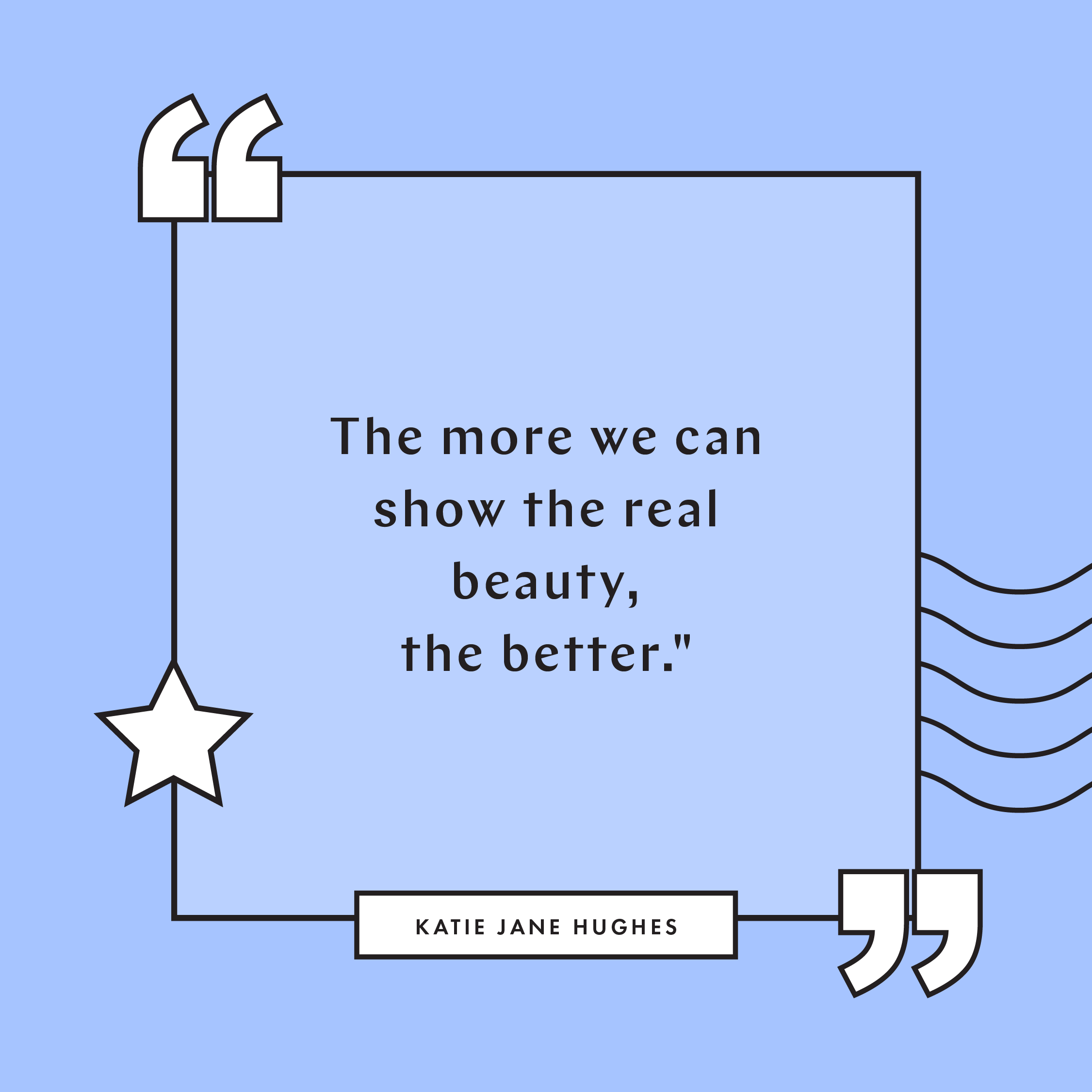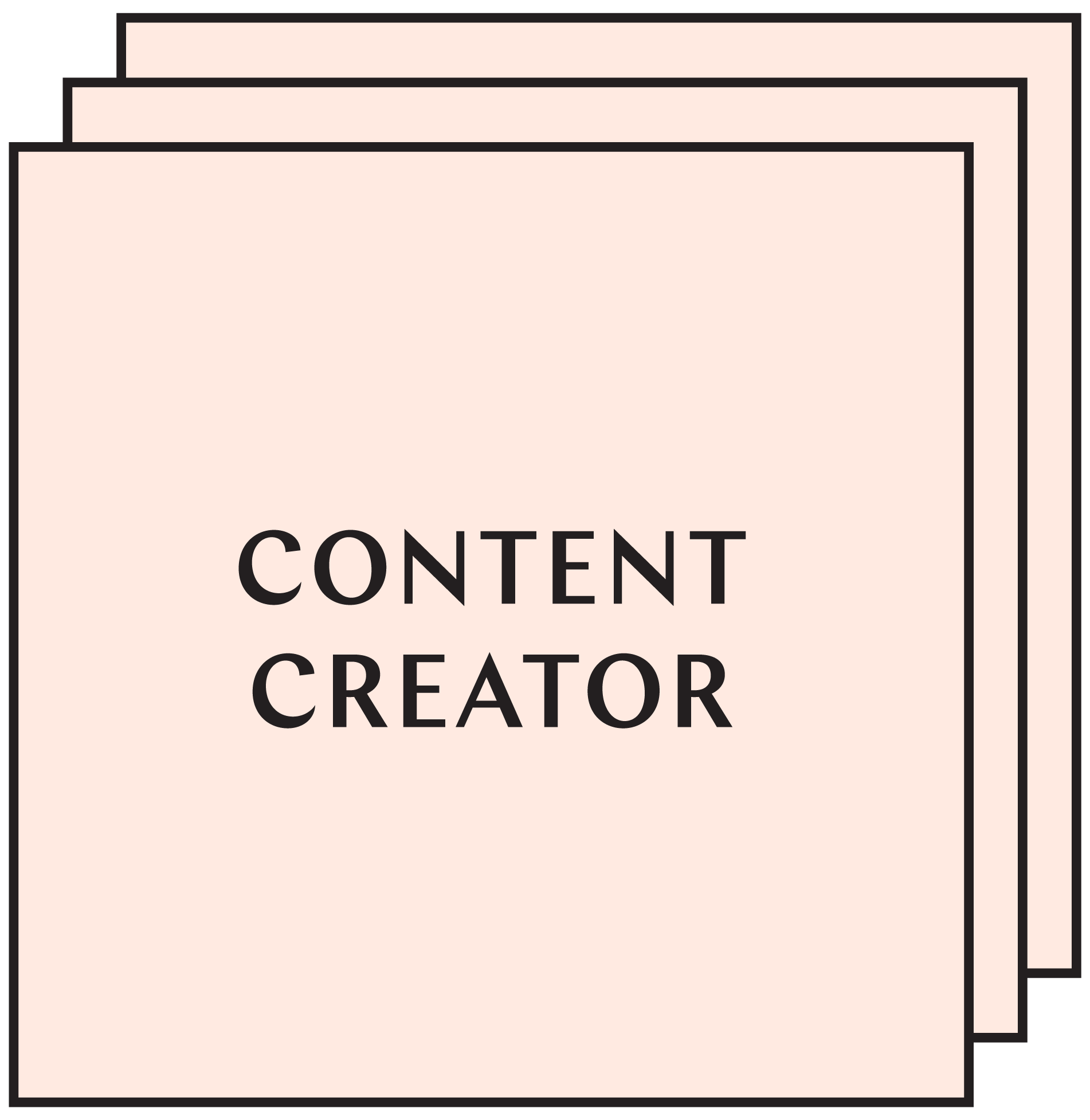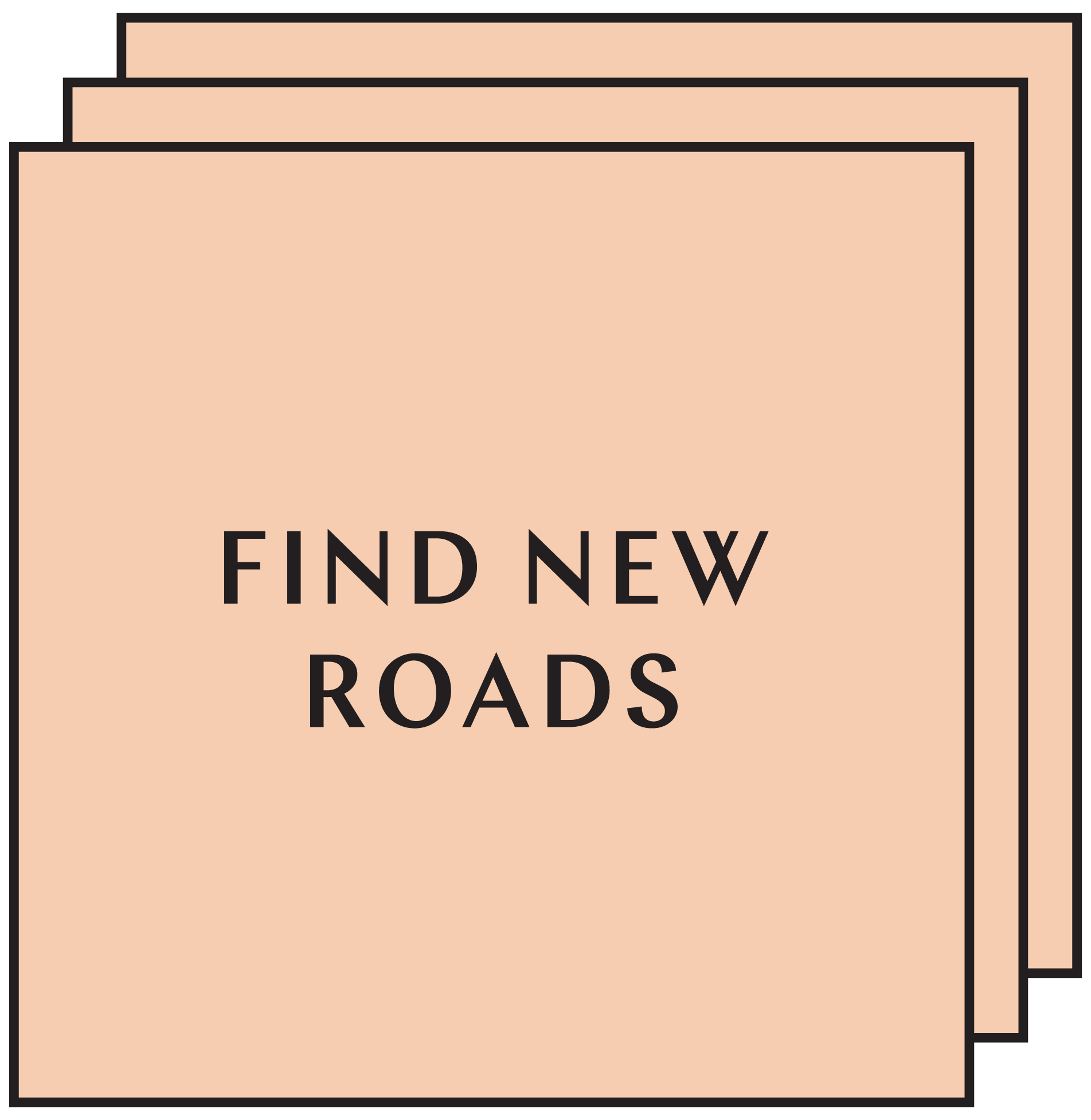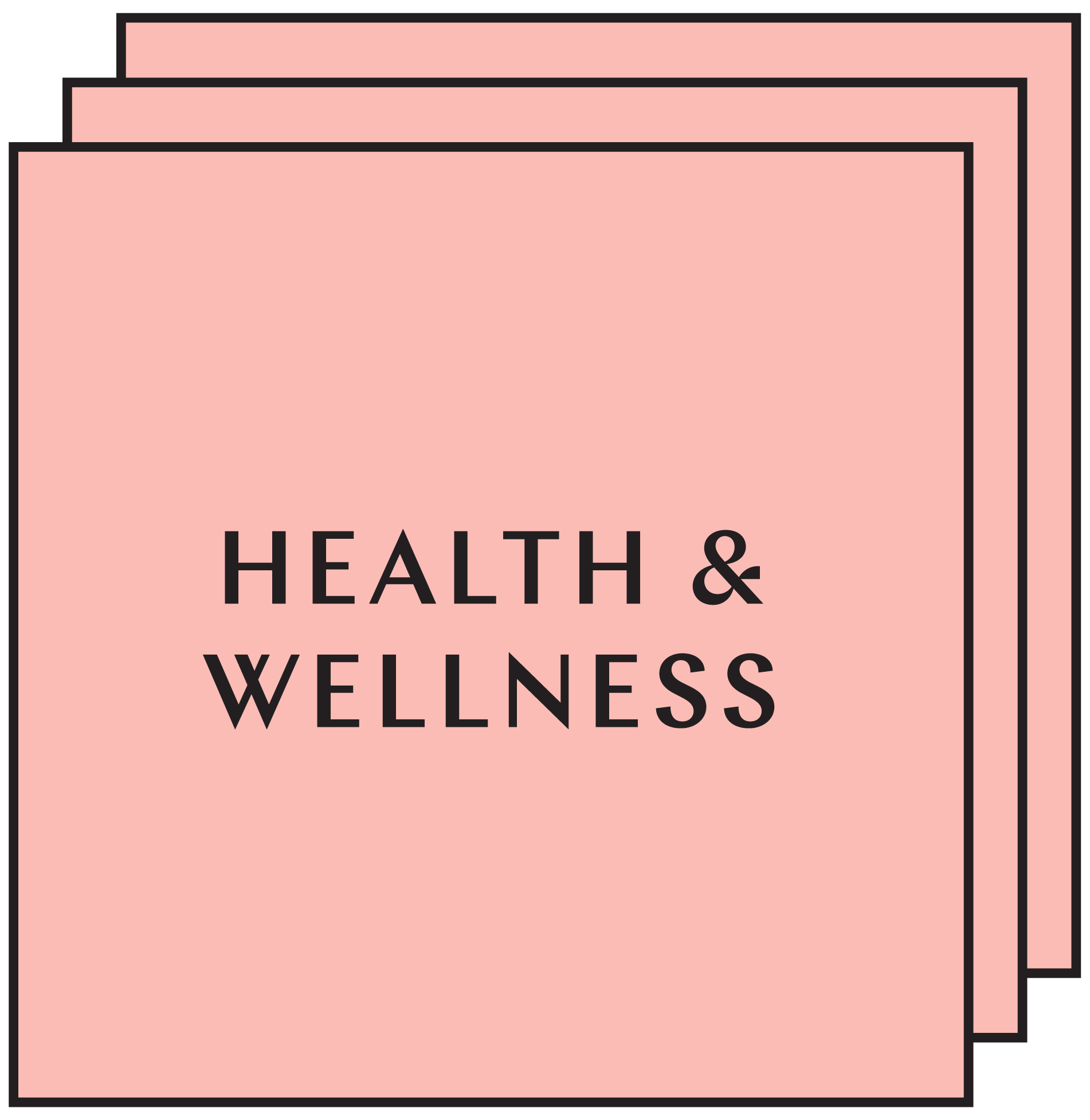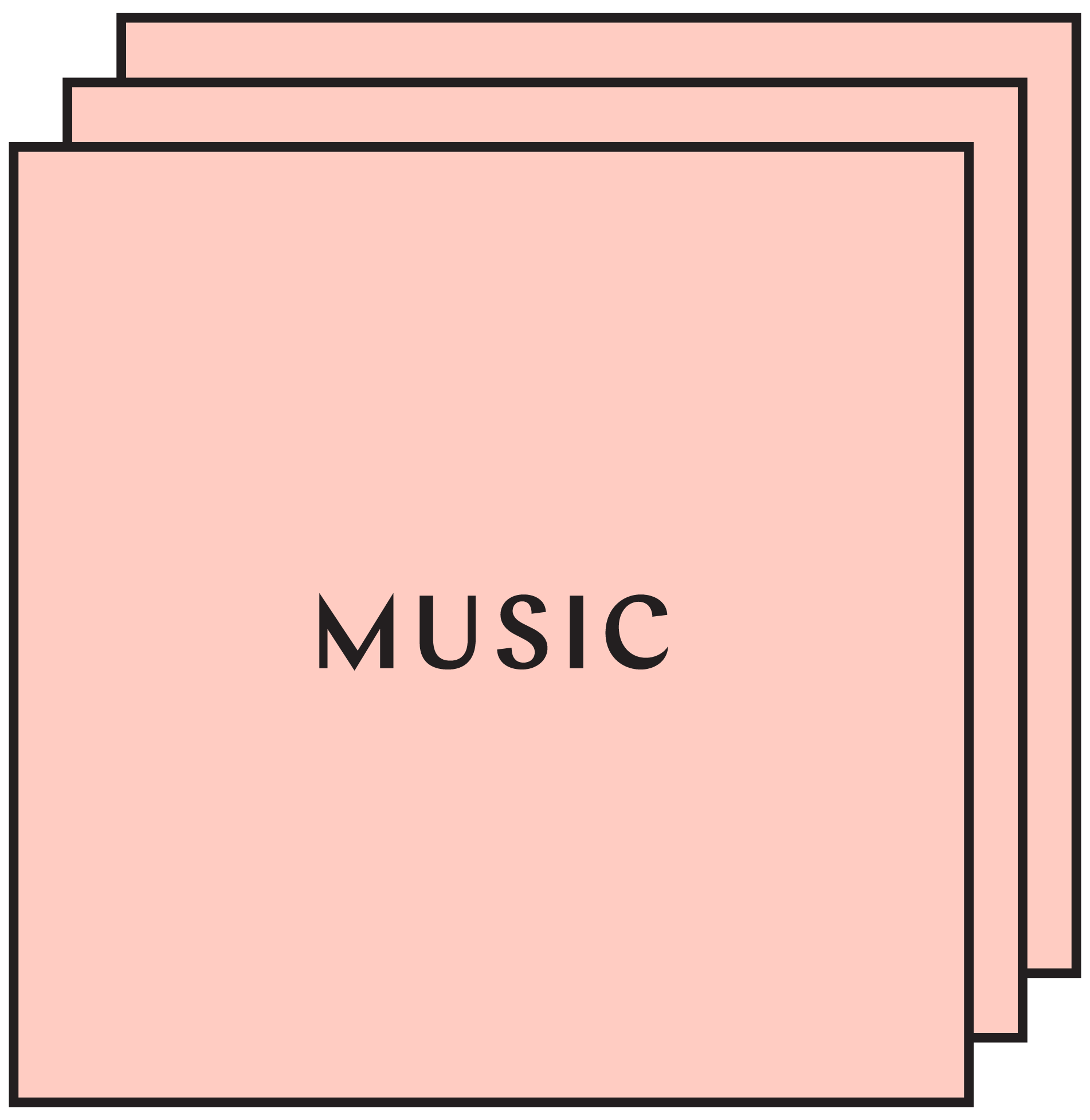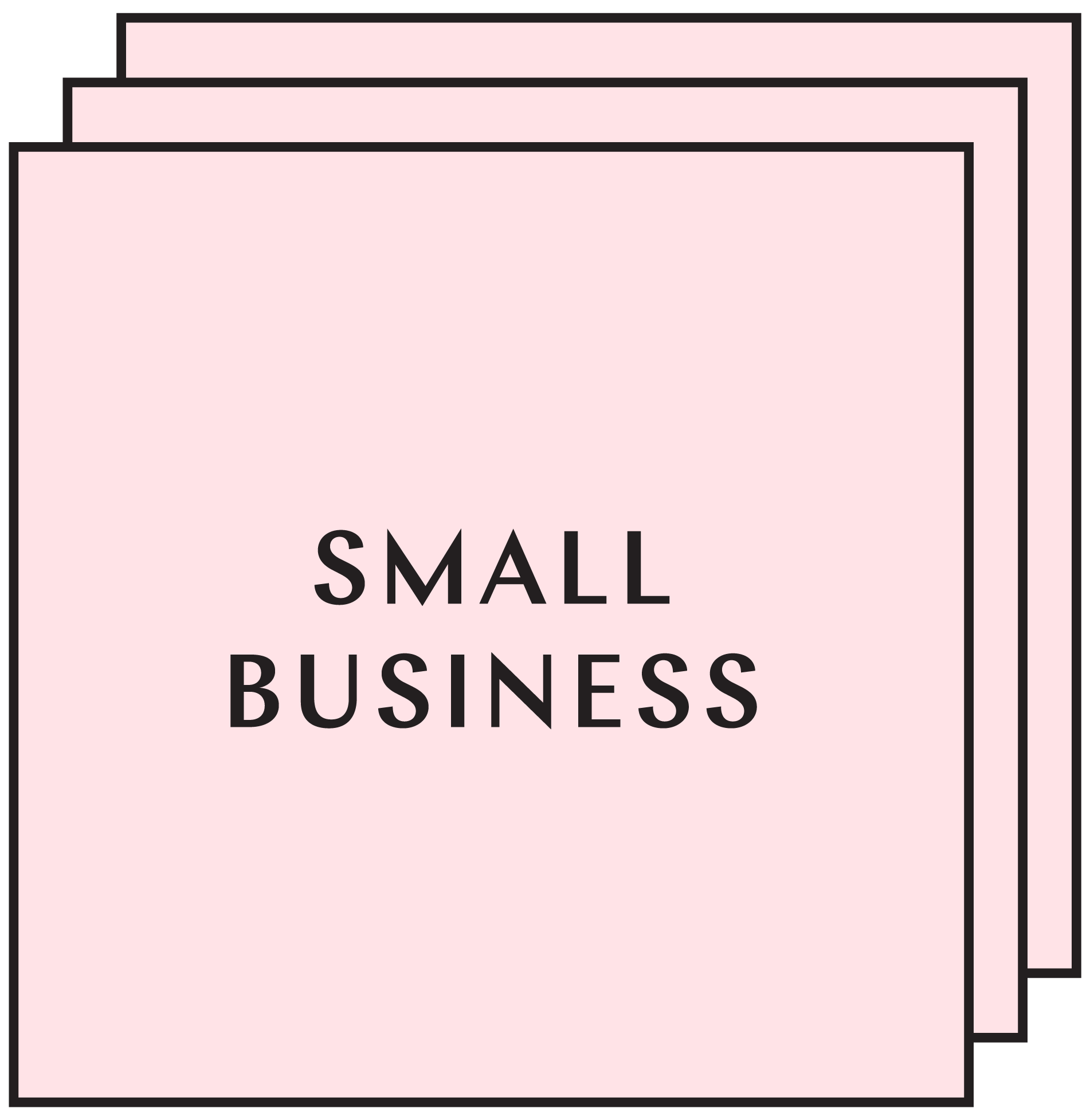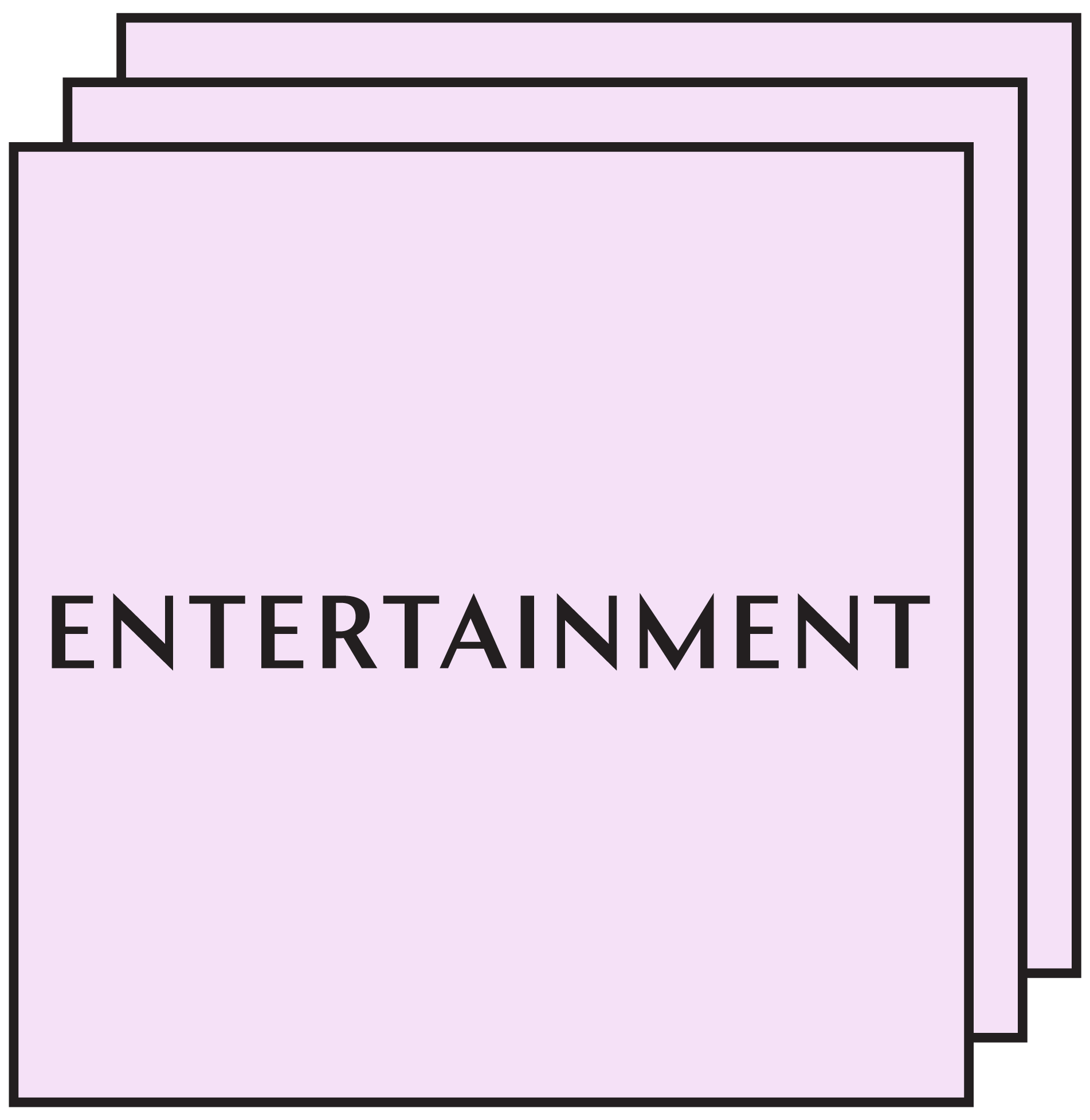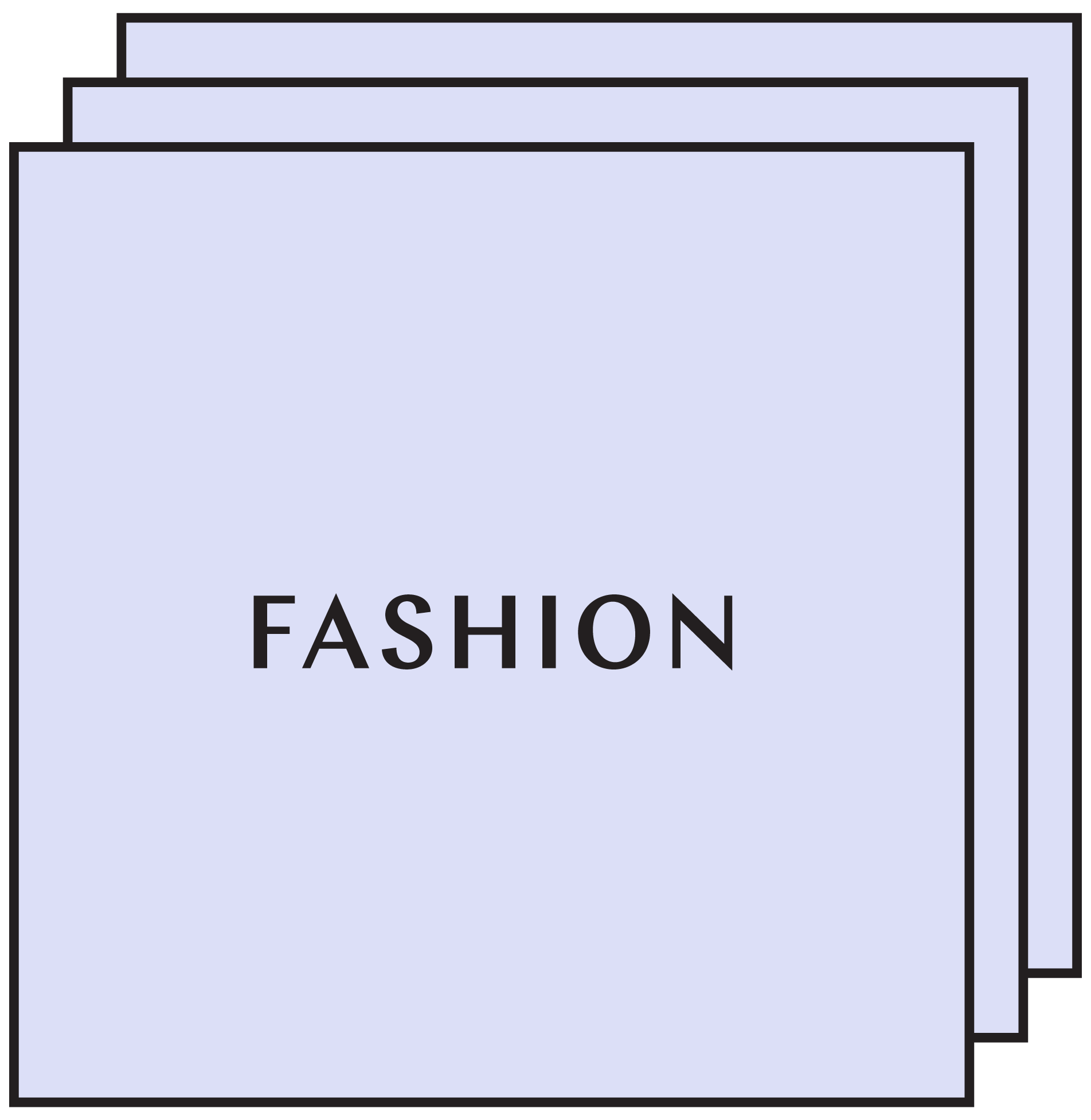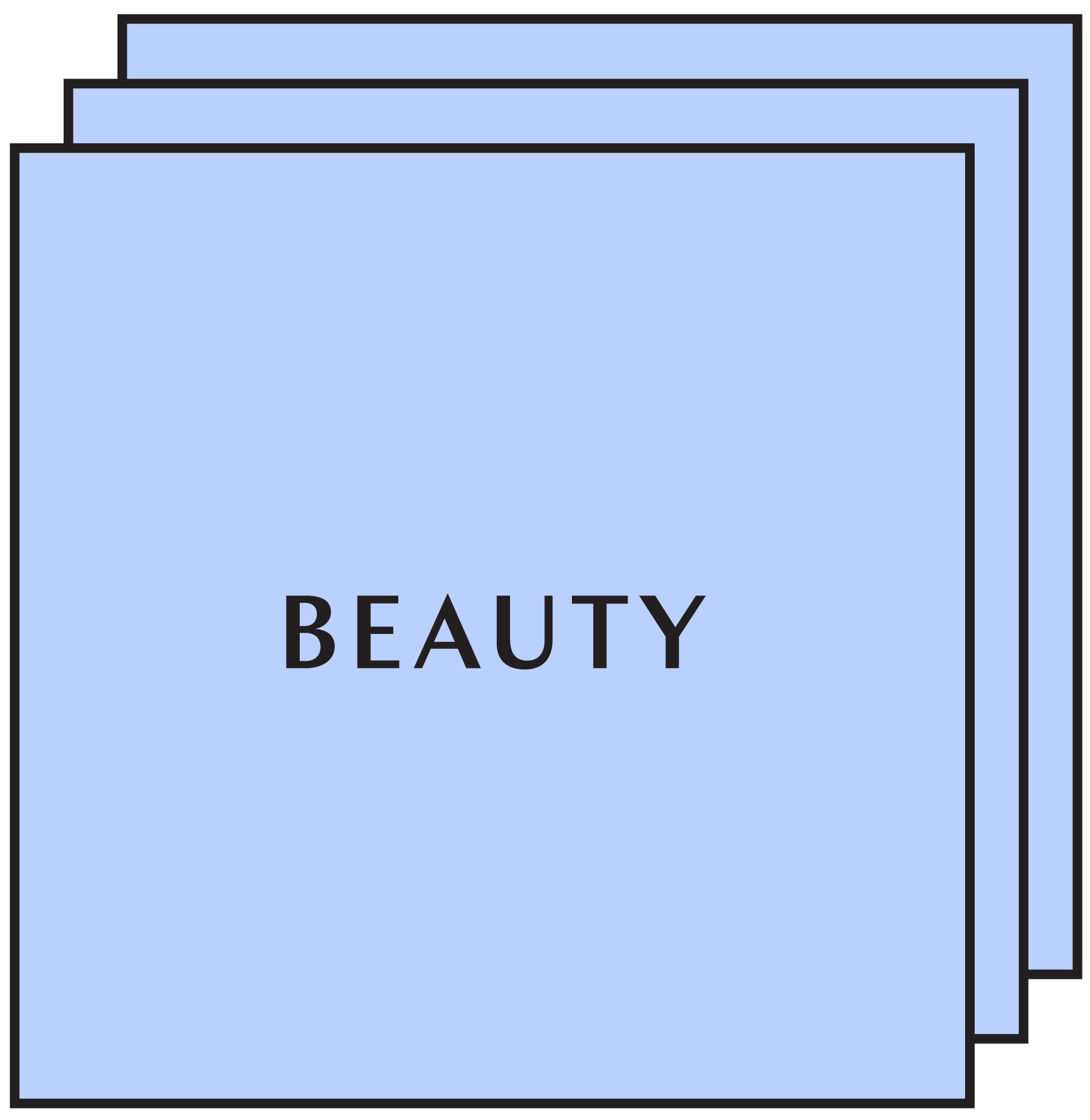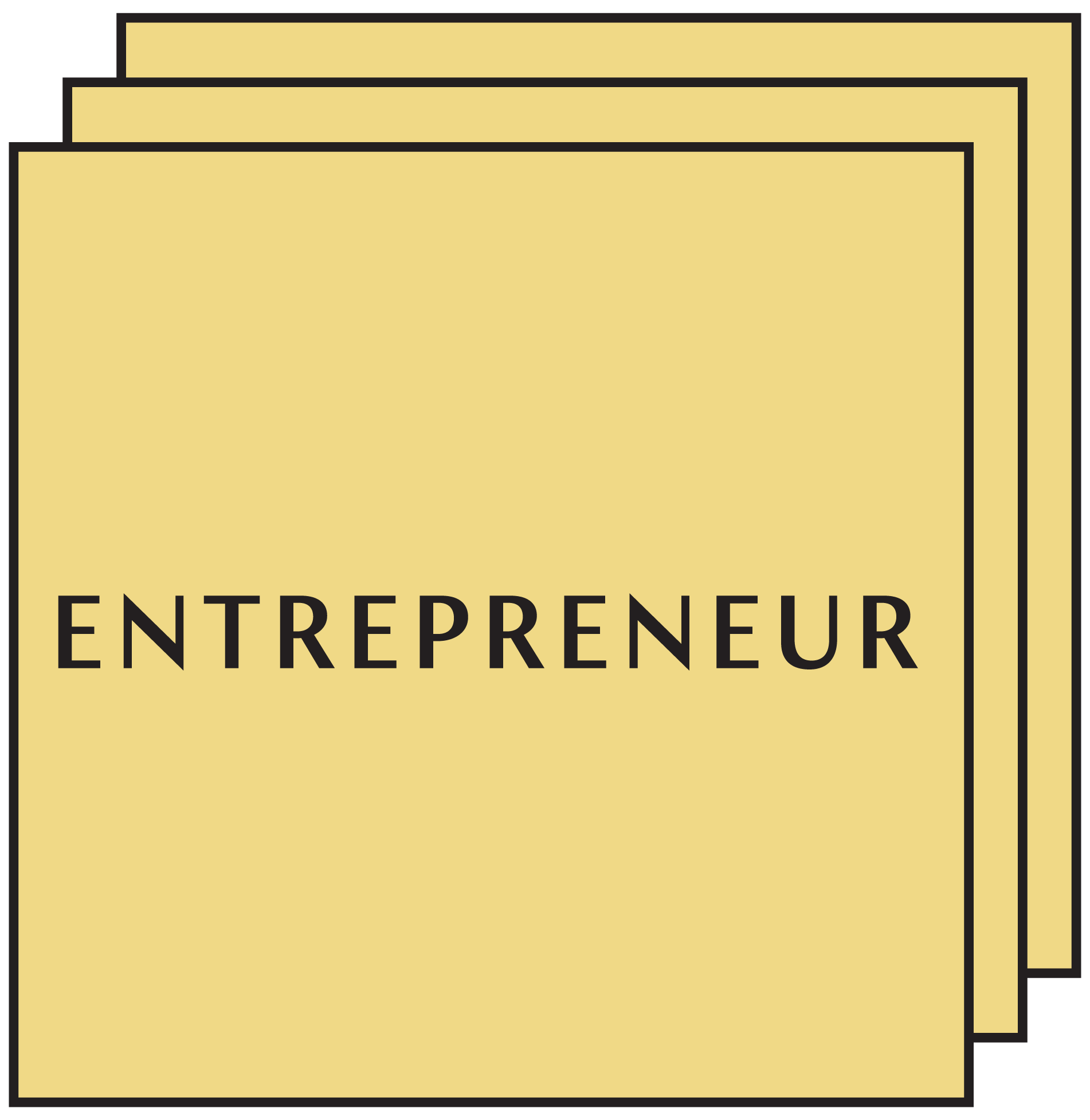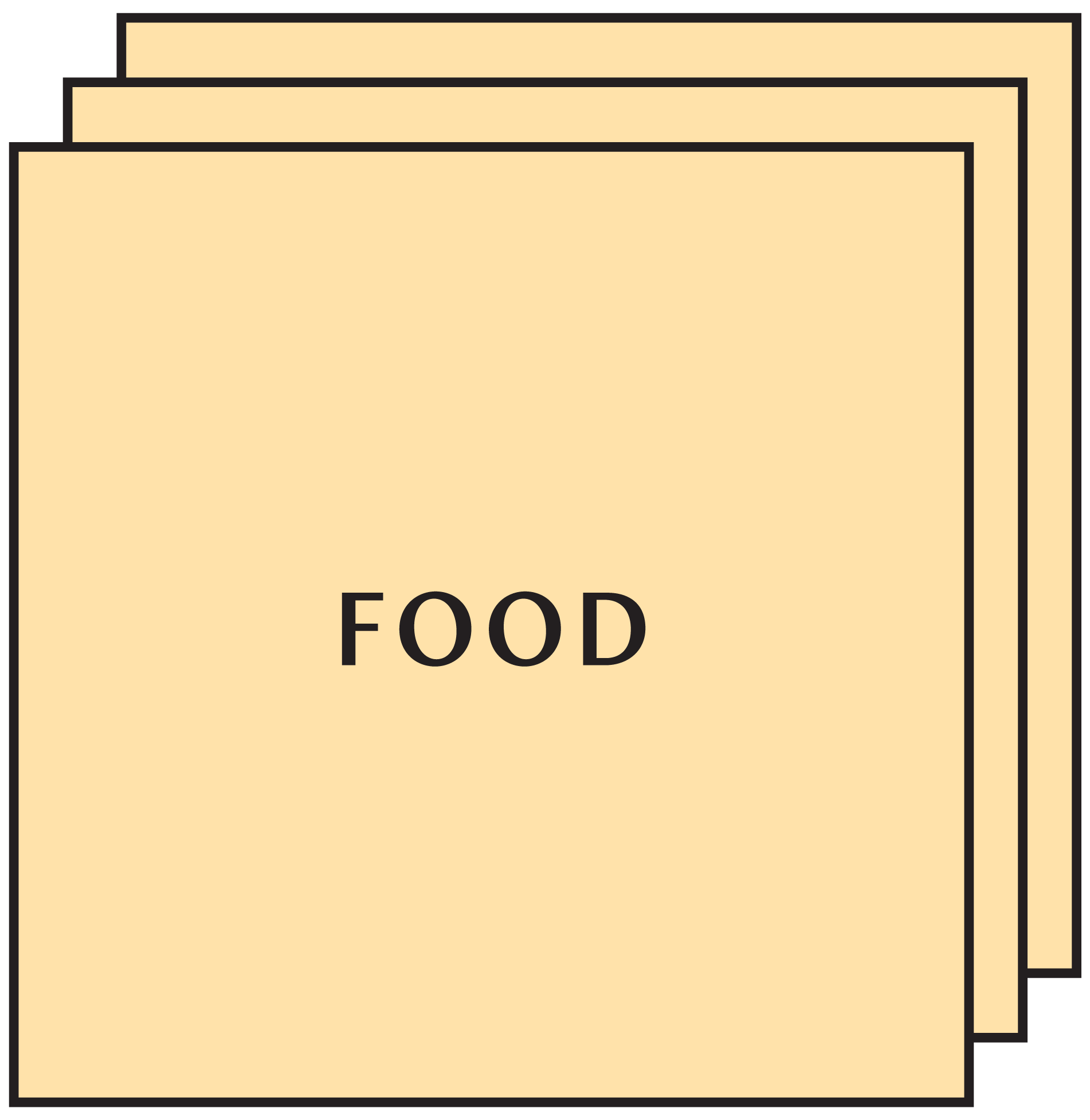Katie Jane Hughes, aka the Porefectionist, is ditching the filter and changing the game with her #normalizeskintexture hashtag (it now has over 2000 posts). The celebrity makeup artist is redefining “Instagram skin” by swapping out the photoshopped imagery of beauty’s past to welcome in a new era of natural, unedited realness, and we’re here for it along with almost 400,000 others.
This refreshing take on makeup has inspired an entirely new generation of artists and enthusiasts who are flaunting their flaws instead of covering them and brands are taking notice. Inspired by her movement, Glossier reached out to Hughes to work as a creative consultant on their Play makeup collection, and the collaboration has continued ever since.
In this chat, Hughes shares how her mom inspired her makeup career, her no-filter approach to beauty, and how Rosie Hungtington-Whiteley slid into her DMs.
CREATE & CULTIVATE: How did you get your start in the makeup world? Where did it all begin? Why did you gravitate towards makeup as a career?
KATIE JANE HUGHES: I was a nerdy kid. I wasn’t popular and I was bullied, so makeup was my medium. I would turn myself into a glam version of myself so that I wouldn’t get bullied. I was naturally quite good at it. My mom was a singer and would always put on her black mascara and bronzer and a bright red lip when she went out for a gig, so I was definitely influenced by her and her beauty routine. That is where it started. It all stemmed from my mom. My mom had four kids by day and was a superstar glamazon woman at night.
I don’t have any formal training but I’m not self-taught—I believe we all learn from one another. With the amount of information on the internet to say self-taught is funny. We all learn from one another. I learned from being on set with makeup artists. Whenever I am on set with Rosie (Huntington Whitely) I will learn from her.
I would say Instagram was a propelling factor in the world I am in. When I first started I assisted. Instagram wasn’t a thing. YouTube was becoming apparent. I started to post a little about what I do every day and people were picking up what I was putting down. They would say ‘I love that I can see your pores’ and ‘this is what skin is supposed to look like’ or ‘this is so refreshing’ so I gravitated towards that.
This is what I know and love. I don’t know how to do full coverage and make it look good. I don’t ever really want to, it’s not my preference. That is what propelled me—realism and that freshness and giving people the tap on the shoulder to say it’s okay if your mascara falls. There is a lot of perfectionism—flawless this flawless that—we don’t need any more of this energy—be more accepting of the fact that we have pores and we do age.
You work with so many amazing celebrities and models now—How did you get your work in front of names like Rosie Huntington Whitely? What advice do you have for other artists reading this?
I never had an agent until recently. I have a friend who is managing me now. I am a special case makeup artist hybrid creator, there aren’t many in that category yet. My celebrity work came off the back of social media. Rosie (Huntington Whitely) DM’d me one day and said: ‘I love your makeup when I’m in New York maybe we can work together?’ Instagram really opened up a lot of doors for me. Even though I have frustrations with it from time to time I don’t think many people’s careers would be where they are without Instagram.
“There is a lot of perfectionism—flawless this flawless that—we don’t need any more of this energy—be more accepting of the fact that we have pores and we do age.”
You've now built an incredibly successful personal brand—What advice do you have for people reading this who want to build a presence on social media and career from their passion? What are some unique social/marketing tools you've used to grow your brand organically?
Figure out what it is that people like you for and build a story around that—build content plans around that loosely. I don’t plan my content at all, I build a flow and a cadence. Have a few things to live by like a mantra and use those in your work—then it will become apparent through your work on Instagram that it’s yours.
Being an entrepreneur is never a smooth path—What are some of the biggest lessons you've learned through the process? What have been the biggest challenges? Why?
Because of the space that I sit in, I almost live two lives as a makeup artist and on Instagram. It trips me up because my community wants to see makeup looks on my face because I’m not a supermodel—I’m not one of these insanely alien-like beauties. I have real problems with my face—I have a hooded eye, a soft jawline—they like it on me because it is relatable to them.
However, when a photographer looks at my Instagram for a big campaign or editorial there’s a high chance I won’t get that job based on my Instagram. I haven’t been a photographer request, I’m a talent request. I love what I do on social so much so it doesn’t matter to me and I feel like I want to be on the celebrity side more than the photographer side—I want to shoot with celebrities. That said, of course, I want to do more editorial, so that is where it gets tricky for me.
My advice for people in a similar situation is to mix it up, authentically and organically in the feed with things you are working on—on you, on a subject, for a photoshoot. I want my content to perform, to be seen, I want people to be inspired by it—it’s not about the follower count. That’s why I care more about what goes on my feed and I’m selective about what work I put on my feed. As soon as it looks like it is shot in a studio it performs 50% less (on Instagram). They want to see what is shot with an iPhone and what’s real.
I take everything as it comes and I mold into the situation as best as I can but at the end of the day, I am socially forward. That is my strong suit. I educate on the fly. I’m good at that and I’m not going to forfeit that with my audience for the sake of a job here and there.
You have spoken about wanting to set realistic standards for beauty with your content. How receptive do you feel that audiences have been to this "real-life" take on makeup and beauty? Why was this important to you? Do you think the industry is moving towards this?
Instagram is embracing less of a Paris filter daily—that is so empowering to me. Nobody’s skin has poreless texture, everybody has pores so why are we trying to look like we don’t? If one of my shoots is over-edited, that isn’t going anywhere near my book. The first thing that made me go more in that direction was how much people craved it and the representation. Glossier was the first with that kind of branding and we work so well together. Their community and my community are the same people pretty much.
I get so many DMs (every other day multiple times a day sometimes) with “how do I get rid of pores” or “what is the best primer to fill in the pores” and I would literally say “go and look in the mirror for a while, stare at them and accept them.” I’m always hitting people with the home truths. It irks me to see things over touched or over-edited. I understand it but to compromise any texture feels like a lie, it feels like it should say something at the bottom like “this has been retouched” just like an ad. The more we can show the real beauty, the better.
You work as a product advisor now to Glossier—What does your role look like/what does it entail? How did this opportunity come about? What advice do you have for other artists who want to partner with brands
They found me on Instagram, about two and a half years ago. I had a meeting with Annie Kreighbaum (she was creative on set at the time and always involved in product development) about this new brand coming called Play. A bunch of their inspiration was my eyes, and I thought this is so cool. Emily (Weiss) literally said ‘your work is so inspiring, it’s so cool we want you to be involved in this project.’ So, I worked closely with the team from the pencils to the reformulation of Gen G, the eyeliner, the brow pen.
I’m not obliged to do content but I do because I use their stuff every day and I would absolutely go buy Stretch Concealer and Future Dew. I didn’t want to pigeon hole myself to only work with them, so a creative consultant would be the best way to put a name to it. In a similar way, I work with Elemis and now because of the nature of my world on Instagram, every single job except with Glossier has social components to it. That’s the beauty of my day-to-day, it’s different and so fun.
You've achieved so much success, but if you could go back, what do you wish your younger self knew when you were first starting out in the beauty industry? Why?
To enjoy it all a bit more and not cry. I’m a perfectionist and a neat freak. I like everything to have an order, but I realize I need to enjoy the process a bit more—everything is going to figure itself out. There isn’t much you can do in the moment, so just go with it. Kate Bosworth posted on her Instagram about the 5x5 rule—If it ain’t going to matter in five years, it shouldn’t last more than five minutes in your head. It’s so relevant. Whenever something happens socially that is uncomfortable, I panic because my world is in social media but is this going to be news in five years’ time? Probably not, so forget about it.
“Instagram really opened up a lot of doors for me. Even though I have frustrations with it from time to time I don’t think many people’s careers would be where they are without Instagram.”
The beauty industry is an incredibly saturated one from YouTube tutorials to Instagram IGTV—How do you set yourself apart from other major players in the industry? And how do you maintain confidence in your craft in such a competitive industry?
Being in the position that I’m at, within the league that I’m in, there is always competition. What I’ve learned is that there will always be competition, no matter what level or what league, and there will always be jobs you won’t get. What is meant for you you will have. That is how it works. The point is to remember, there is only one you. If you really think about that, it’s mad. There is only one person that looks exactly like you—it’s important to remember that.
You have to be patient and open, say yes to as many opportunities as you can, work hard and be nice to people, and you will go far. Be mindful of what your output is on the planet. I think we all just have to stop thinking about what anyone else is doing and create. Do stuff that takes your mind off the competition, that makes your creative thirst quenched, and let that show.
Being online means you can build a big following but it also means you're open to criticism—How do you deal with negativity? What is your process? What advice do you have for other artists in the space who care about what others think of their work? How do you not take it personally?
It’s hard not to take things personally and to not be affected by it. I had someone DM me about my chipped tooth. I feel comfortable with my chipped tooth, it adds character but this woman was not letting me have the last word. You’re just never going to win with some people. I try to use it as a learning experience for both people involved. I still get flustered with my words in certain situations, because, by the way, I am real, I have feelings.
When you hit a bump or hurdle in your career, how do you #FindNewRoads + switch gears to find success?
I am a go-with-the-flow kind of person, even when I like to have control I also don’t. I get upset at the moment and react and then it goes away and I focus on what I’m trying to do. Social is in a weird space, everyone’s engagement is low. I gain 6000 and then I lose 3000—it’s a strange time right now and it’s crazy how social media can have an effect on you, your psyche and mental health. I don’t think of it as work because it’s fun, but this is my job. What if this platform disappeared? What would I do tomorrow? Well, I’d move onto TikTok and I would adapt.
What advice would you give to young entrepreneurs who have an idea but don’t know where to start to execute it? What key traits do you need to succeed as an entrepreneur today? Why?
When I was training to be a makeup artist I worked at Space NK. That was my retail world and I would work part-time so I had the flexibility to switch if a job came up. I knew I wasn’t going to be there forever so I would call in sick if a good job came up. I had the hustle. I would work 23 days straight without a day of working as an assistant and at Space NK. I couldn’t take any days off. So my advice would be to build your career alongside what you are currently doing just to see if you even want to do it. Use Instagram and other marketing tools that are free to create buzz and community and collaborate as much as possible. Don’t sell yourself short, don’t give everything up because you need to eat and live but if an opportunity arises and you want to go for it, then yeah be available.
What are you manifesting for 2020? What plans do you have for the year ahead?
I want to start thinking about what I want to do next and the impact I am going to have on the beauty industry—is it a brand or a website? There are a lot of ideas in my head.




